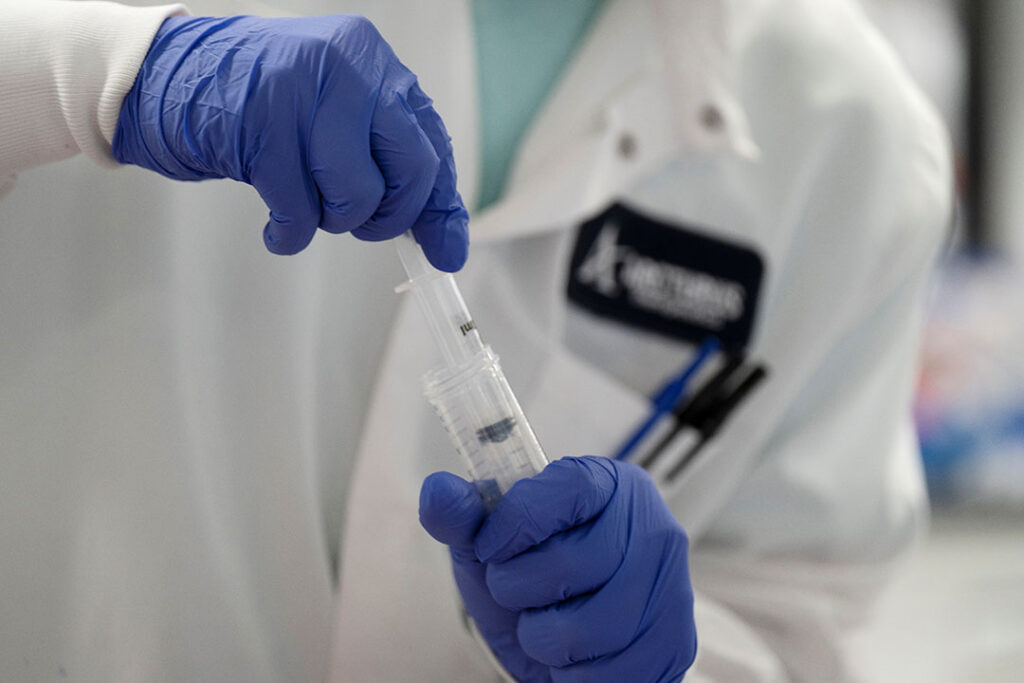What is a vaccine?
A vaccine is a small, but harmless amount of a virus injected to stimulate the body’s immune system to develop a response to the illness called an antibody. The production of antibodies protects the person from future exposure. According to the U.S. Centers for Disease Control and Prevention: “Vaccines contain the same germs that cause disease. (For example, measles vaccine contains measles virus, and Hib vaccine contains Hib bacteria.) But they have been either killed or weakened to the point that they don’t make you sick. Some vaccines contain only a part of the disease germ.”
Vaccines typically are injected by syringe, but some can be administered orally.
Is there a vaccine available for COVID-19?
No, but scientists are working on it. One promising effort is taking place at the University of Pittsburgh School of Medicine in the U.S., where researchers are experimenting with vaccines previously created to combat SARS in 2003 and MERS in 2014.
The altered version of the vaccine is being tested on mice and appears to be creating antibodies strong enough to stop the virus. The vaccine would be administered to humans in the form of a small patch that scratches the surface of the skin, researchers told the news site The Hill.
“We’d like to begin testing in patients as soon as possible,” Louis Falo, chair of the dermatology department at the Pitt School of Medicine and the University of Pittsburgh Medical Center told The Hill in early April. “We would like to be in a phase-one clinical trial in weeks. Not a week, maybe a month.”
When might one be available?
Dr. Anthony Fauci, head of the U.S. National Institute of Allergy and Infectious Diseases, said in March that a vaccine would likely take 12 to 18 months before it can be made available to the public.
Although this may sound like a long time, it is far shorter than a typical timeline for vaccine creation, testing and mass production.
Others believe it will be far longer before a vaccine is released. “I don’t think it’s ever been done at an industrial scale in 18 months,” Dr. Amesh Adalja, a senior scholar focused on emerging infectious disease at the Center for Health Securityat Johns Hopkins University, told CNN. “Vaccine development is usually measured in years, not months.”

